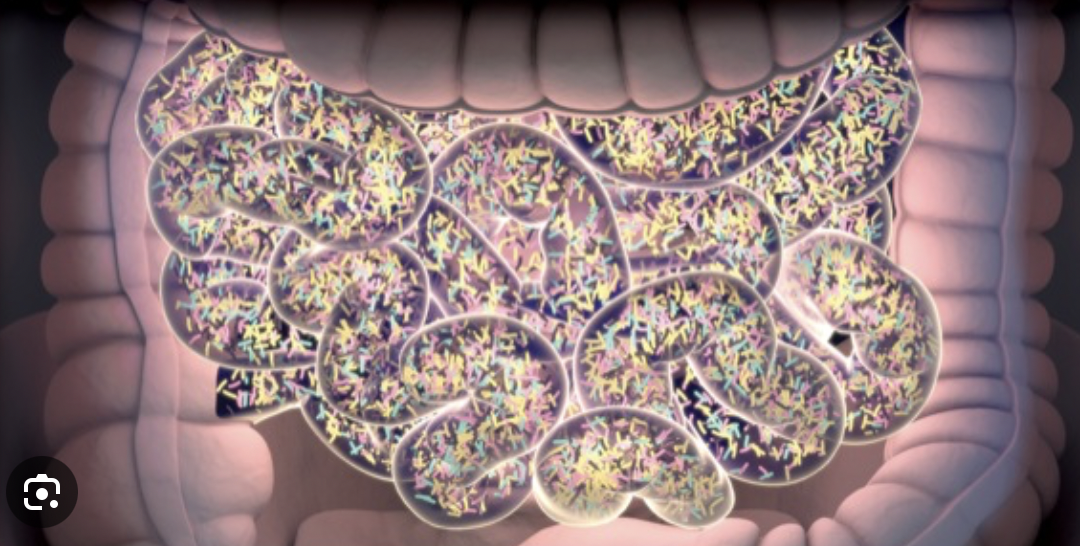Small Intestinal Bacterial Overgrowth (SIBO) is a condition characterized by an abnormal increase in the number and/or type of bacteria in the small intestine. Normally, the small intestine contains a relatively low number of bacteria compared to the large intestine. However, in SIBO, bacteria from the large intestine migrate into the small intestine and start to grow there, leading to various digestive symptoms and potential nutrient malabsorption.
The symptoms of SIBO can include:
- Bloating
- Abdominal pain or discomfort
- Diarrhea or constipation (or alternating between the two)
- Gas and flatulence
- Nutritional deficiencies due to impaired nutrient absorption
- Fatigue and other non-specific symptoms
The exact causes of SIBO can vary and may include factors such as prescription drugs, poor diet, impaired motility of the small intestine, structural abnormalities, underlying medical conditions, or a history of gut infections.
Ozone IV therapy involves the administration of ozone gas (a molecule composed of three oxygen atoms) into the bloodstream through a vein. We take a small amount of blood, infuse ozone and give it back to the patient. The blood is cleaned, oxygenated and returned. With ozone’s antibacterial properties it helps to reduce the bacterial overgrowth in the small intestine.
There is clinical evidence to support the use of ozone IV therapy for treating SIBO. Additionally, Ozone IV therapy has been used for various medical conditions due to its antibacterial, antiviral, and immune-modulating effects.

